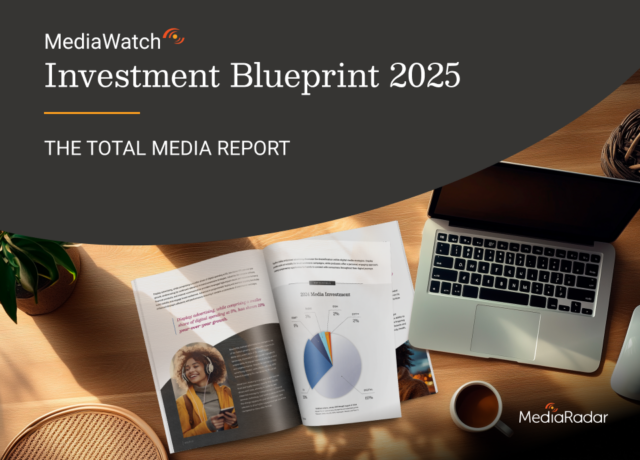It was just over a year ago when Netflix said that Fortnight was a bigger threat than HBO.
While this idea may have surprised some of us back then, it may not be shocking to us today. According to Nielsen, time spent playing video games has shot 45% up during the last few months.
Hobbyists and new gamers alike are using video games as an outlet to get through stressful times.
Our team at MediaRadar has seen a tremendous spike in advertising spend in this category. Here, we share the details.
We encourage you to subscribe to our blog for the latest data surrounding the advertising industry. We will provide daily updates as COVID-19 continues to make its mark on the US economy.

Video Game Usage is Up Across the Board
Who’s playing video games right now?
Video game enthusiasts with more time on their hands. Parents managing newly remote work and homeschooling. Isolated friends looking for somewhere to ‘hang out.’
Video games have something to offer people from any background.
Of those who were already gamers, 39% are spending more money on games during shelter-in-place. When it comes to new gamers, the sales of video game hardware alone was up 63% YoY in March.
For many, video games are a new way to interact with friends. “It’s certainly not the same as being able to see people in person,” said LingLing Lau. “But I think for me it’s been nice. It’s brought some lightness to this whole situation.”
Just as Hollywood has become creative with major streaming events, video games have their own popular concerts.
Fortnite and rapper Travis Scott joined forces to host a series of virtual concerts. Over 27 million people “attended” the five shows. Dave Thier writes that this virtual event has offered “a blueprint for an interactive music video of the sort we’ve never really seen before.”
While gaming is growing and transforming during social distancing, it doesn’t mean the industry doesn’t have its own set of roadblocks. It is difficult for game developers to produce new games and consoles, as much of its own workforce has also transitioned to remote work.
While those challenges are real, we still see the ad numbers soaring.
MediaRadar Insights
Advertising spend from the video game industry (game titles, consoles, video game retailers, etc.) in April was more than double what it was in January! Last year during the same time period, ad spend had only risen 18%.
Video game retailers, in particular, dramatically increased their spend.
This includes virtual retailers like the Playstation Store. Playstation launched its “Play At Home” initiative allowing users to download two free games: Uncharted: The Nathan Drake Collection and Journey.
Jim Ryan, CEO of Sony Interactive Entertainment, said the company took their role as a home entertainment company seriously during this time and encouraged people to continue staying safe by playing at home.
While initiatives like this were taking place, the primary driver in increased ad spend here has been GameFly, a video game rental subscription service. Their ad spend is up over 500% YoY in March and April.
Spend from game titles is also up. When we compare January and April, spending increased by 60%. Some of the largest game title advertisers YTD include:
- MLB The Show (which had its best launch in the series in its nearly 15 year history)
- Forge of Empires
- Final Fantasy VII Remake
- Doom Eternal
- The Sims
Mobile games brands have also increased their spend. The average weekly ad spend from the category went from about $700k in February to over $1.4M in March, and has remained at higher levels in April.
Key advertisers driving this trend include:
- Candy Crush
- Adventure Academy
- Terragenesis
- Pictionary Air.
Video game console spending has leveled off somewhat from the early spike in March, but it does remain higher than pre-COVID levels.
Video games and eSports were already huge industries — but now with everyone at home, it seems like they will continue to be a vital threat to other home entertainment companies.
For more updates like this, stay tuned. Subscribe to our blog for more updates on coronavirus and its mark on the economy.



